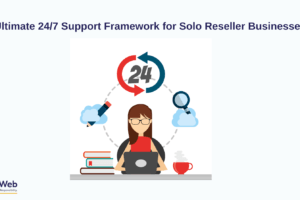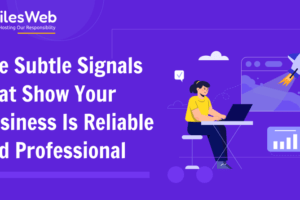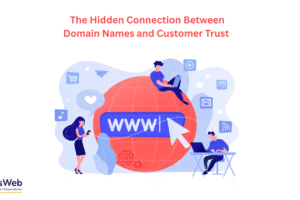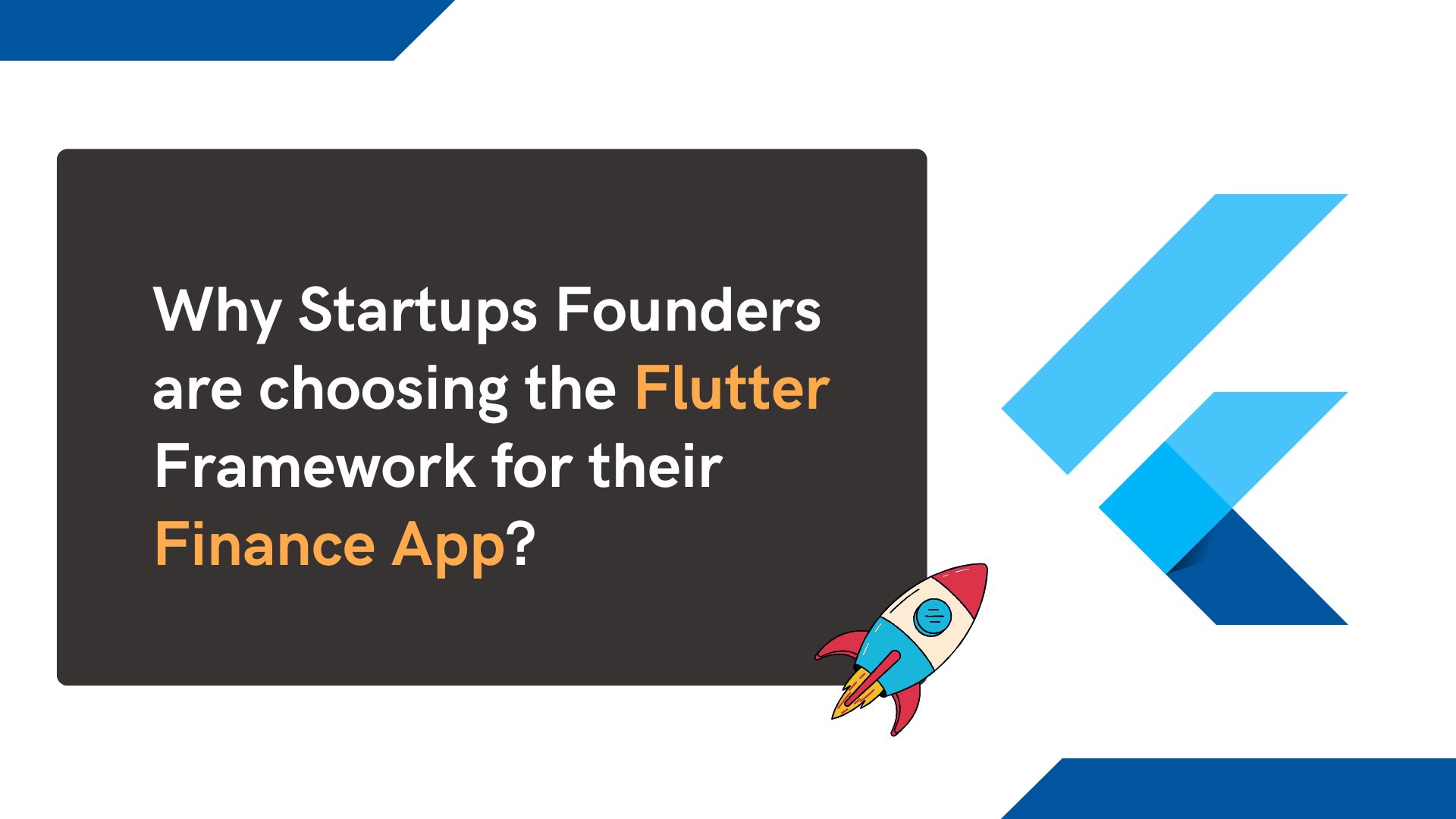The process of creating a financial app is intricate, requiring teams to work through issues including data security, scalability, and steady system performance.
Leading fintech companies typically release new features and upgrades on a monthly or even weekly basis, while producing fully-fledged software solutions in three to five months.
Therefore, Financial institutions of all sizes must improve their time to market to stay competitive and thrive.
Since Flutter offered a fantastic user experience that was optimized for particular operating systems, its release in 2017 altered the dynamics of application development.
This distinct feature elevated Flutter to the pinnacle of the banking app development world. Several businesses hire flutter app developers to effectively launch their applications.
In this article, we will shed light on different aspects: What is Flutter, why it’s popular amongst start-up founders, and how fintech initiatives gain advantages from this framework?
What is Flutter?
Flutter is not a programming language, that much is evident. It is a Dart programming language-based User Interface (UI) framework. It makes use of native UI components that may be modified while being developed. The KenKen puzzle game, Xianyu by Alibaba, and Google Pay are some of the most popular Flutter apps.
What Flutter Offers to Start-Ups?
The potential of creating a single app that would be live simultaneously on iOS and Android comes with a variety of advantages for flutter app development.
Reduced Developmental Effort:
Because only one codebase must be used and one version of the program must be created, the development process for cross-platform apps is much quicker.
Reduced Testing Time:
QA professionals just need to test one version of the program, rather than evaluate the app’s performance across two separate platforms, each involving fifty different devices and operating systems.
Reduced App Development Cost:
As a result of the reduced resource time commitment required for cross-platform app development, there is also a reduction in app development costs.
Faster Time to Market:
Entrepreneurs can take advantage of being early adopters since mobile apps are developed more quickly and test easier than native apps. This allows for a faster release to the market, allowing them to reap the benefits of being an early adopter more quickly.
Still, Why Flutter and Not Any Other Cross-Platform Technology?
Even with all these advantages, there are still some reasons why entrepreneurs and companies prefer to build native apps and follow the iOS first, Android later strategy.
They would not spend money on a development method that would allow them to be available on both Android and Apple.
This is due to two factors: A. Cross-platform applications are slow since they are interpreted rather than compiled by native ARM code. And B. Because they contain entirely distinct widgets or buttons, the apps do not function and seem like native apps.
Flutter can easily address both of the issues that are the ONLY things preventing startups from using it—an occurrence that in a perfect world would have made startups use Flutter regularly.
Firebase
Google-backed Firebase offers out-of-the-box support for a wide range of services, including cloud storage, real-time databases, hosting, cloud functions, and authentication.
The infrastructure becomes redundant, scalable, and serverless with Firebase. The adoption of Flutterby startups has, in short, eliminated the need for businesses to devote time and resources to backend development.
Additionally, combining Firebase with a solution for release and development automation, such as Fastlane, makes it simple for developers to create mobile apps for Flutter that are delivered consistently.
Hot Reload
The hot reload feature of Flutter makes it simple and quick for developers to experiment, build UI, add functionality, and debug apps in real-time.
The function instantly updates to reflect any coding changes you make. Additionally, it allows developers to continue running code in real-time and helps reflect updates in the application’s current state.
Why Is Flutter Critical to Fintech?
The best elements of native and hybrid app development techniques are combined in Flutter. As a result, it is regarded as the best option for fintech firms.
Privacy of App and Data
In this framework, Dart programming language is used. You don’t need any third-party apps. Flutter-based financial apps are consequently more reliable than native ones.
It incorporates a detailed native library and during compilation, data formats are modified. Due to the complexity of the reverse engineering process, it is nearly impossible for hackers to understand the operation of the software to copy it.
The framework supports Face ID or Touch ID biometric authentication, and it gives Dart developers access to library implementations of all widely used data encryption techniques.
This improves the security of the users’ financial and personal information as well as transactional information.
Offers Fast and Smooth Functionality and Experience for Users
The secret to increasing user satisfaction and turnover is to release new features and upgrades in response to end-user feedback. Flutter features a built-in app builder and is flexible.
To adapt and meet the demands and requirements of the customer, the developers can use a variety of pre-made, reusable UI elements.
This framework enables seamless user experience and improved performance in the apps that are created using it.
Declarative API
Flutter makes use of declarative, reactive UI APIs. This implies that Flutter’s user interface accurately depicts the status of the app.
For instance, if a user toggles a switch on the settings page, the current state is redrawn and the user interface is rebuilt from scratch. And that gives Flutter an edge over other cross-platform technologies.
For each user interface state, there is a single code path. The developer only ever provides one description of what the UI should look like for each given state.
The complex and liable to err task of UI optimization is handled by the framework.
Glitch-Free Performance
The performance of the product is greatly affected by loading times, which may cause users to stop using the app altogether.
Flutter is a fantastic pick for finance apps that must service a massive user base with quick response times because it can deliver the performance of up to 120 frames per second (FPS).
Saves money, effort, and time
Usage of Widgets
Flutter provides a tonne of widgets that aid in replicating the behavior of different designs, allowing developers to skip over some of the laborious procedures involved in the development of applications.
Additionally, Flutter allows developers to construct a single codebase for all supported operating systems.
As a result, testing for defects and possible problems takes less time and effort. Using a single codebase across several platforms significantly speeds up maintenance, which reduces operating costs.
Supported app maintenance
It takes time and effort to create a finance app, but once it is out, it must be maintained to meet customers’ demands.
A finance start-up can increase engagement rates and broaden its market presence by providing new features and upgrades concerning end-user input.
When creating a fintech app, engineers construct from a single codebase for numerous platforms, simplifying maintenance. Maintenance expenses are hence decreased.
Examples of Fintech Apps Build Using Flutter
Flutter is becoming increasingly popular among fintech firms. Despite the technology’s youth, it is being used in many finance projects around the world. Let’s look at the names that benefit the most from it.
Google Pay
With 100 million users across dozens of nations, Google Pay enables users to save money, pay bills, and more. They want to keep adding distinctive features as Google Pay keeps reaching new markets.
Things were made much more difficult by the fact that several of those new regions had a sizable iOS user base although their existing users were largely using Android.
They would not just have to add more iOS engineers to their team, but they would still have to continue producing each feature twice—once for Android and again for iOS.
Instead, they decided to spend money on Flutter, a cross-platform framework that would help them accomplish more with less.
Tide
A UK-based fintech company called Tide offers small and medium-sized enterprises banking services. Users of their Flutter mobile app can, among other things, manage their finances, expenses, and invoice payments.
Invoice Ninja
Invoice Ninja is used by more than 180,000 organizations for simple invoices, billing, and expense monitoring.
The software utilizes Flutter’s multi-platform capabilities with versions for desktop, web, and mobile devices (Twitter reports it may be one of the first Flutter apps on the Windows Store). Another noteworthy aspect of Invoice Ninja is that all of the code is open source.
Square
Two first-party Flutter SDKs that Square maintains make it simple to integrate Square’s payment services into your app. To support payments, your app connects to the point-of-sale device using the Flutter plugin for the Reader SDK.
Payments can be processed inside a mobile app using the Flutter plugin for the In-App Payments SDK. We value the thorough documentation and sample apps that Square provides to assist developers in getting started with their well-known payment technologies.
Conclusion
Flutter is an excellent technology to create a financial app while attaining performance and fault tolerance because it is a feature-rich SDK that is extensively supported by the community.
It is feasible to create the user interface (UI) and offer a consistent user experience across many operating systems with Flutter.
Software professionals may strengthen protection from reverse engineering and enforce the security of critical data using Flutter, which is crucial in the banking sector.
You are welcome to get in touch with our team and give a quick overview of your project if you wish to create your fintech app. We’ll contact you shortly to assist with resolving any concerns.











